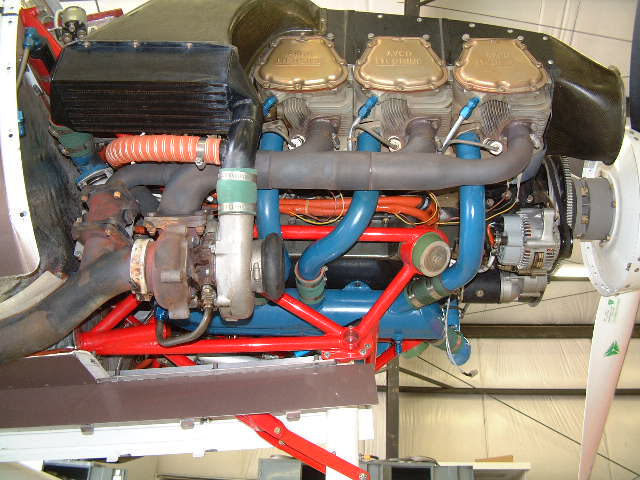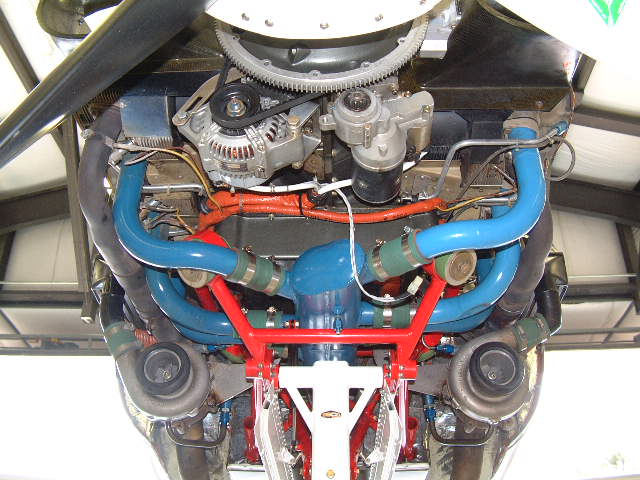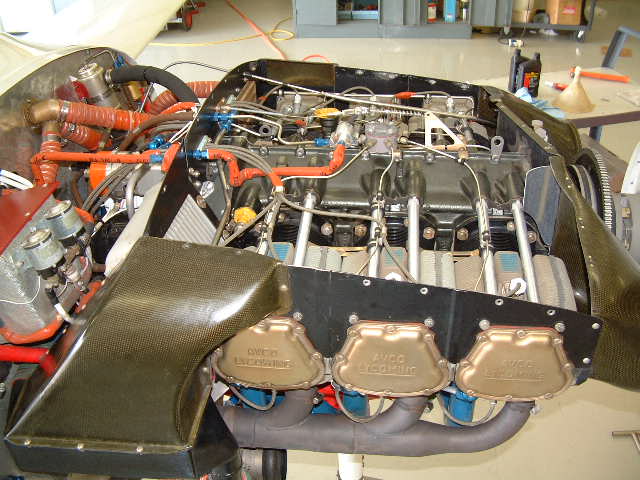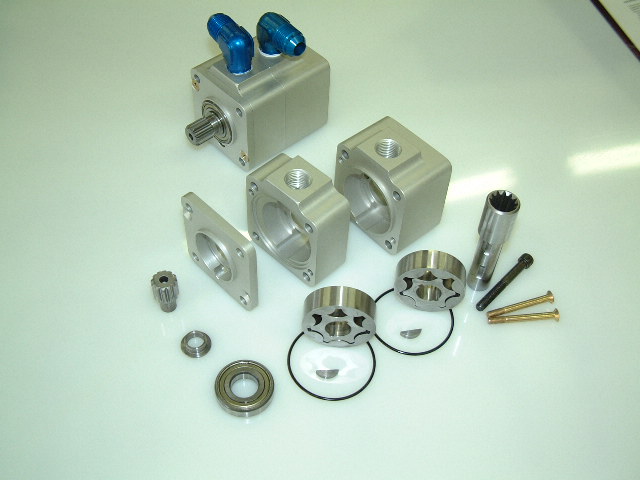Colyn writes:
<<<Brent,
long as you are talking about
engines, can you say what was so bad about the continental that you
thought it was worth 700 hours to avoid it?
>>>
Colyn, if I didn't know better I would think you are looking to start a
brawl. You are asking me to stand on a table in a college cafeteria and
yell "PCs are better than Macs". Well....OK, let the fruit cups fly.
At the time (1992) I didn't think it was going to cost 700 hours.
Bigger diameter crank shaft. Girth matters as it improves stiffness as
a cube function.
Better cooling. None of that funky induction system in the way of
cooling air.
Funky induction system. The "Continental tuned induction" thing is a
myth because the you can't split flow the way they do. The proof is,
and according to George, that GAMI injectors make a bigger improvement
on Continentals then Lycoming. If they started balanced then how can
they be improved?
More experience with 350 Hp class engines. The Continental is an
uprated 310 Hp engine. The Lycoming was designed for 350 Hp and has
thousands of engines in this size in service. Parts are available
worldwide. Core engines (for installation development) were ubiquitous
and cheap ($5K).
Mechanics I talked to said that they made more money from Continental
owners they Lycoming owners.
Top aerobatic planes invariably use Lycomings (and they still tear the
props off from time to time).
Continental has proprietary alternator and starter.
Pressurized mags that love to corrode.
Malibu vs. Malibu Mirage.
Other than that, no reason at all.
Not to say the Lycoming didn't have some problems. In particular the
intake plenum shares a wall with the oil pan. Good for naturally
aspirated engine ice prevention but bad for turbo temps. Low
compression pistons (high compression available). Crappy prop oil slip
ring passage. High mounted cam shaft, out of all that pesky oil.
In the end I built a high compression engine (8.5:1) with low max
manifold pressure (35"Hg), high volume oil pump, custom induction and
exhaust systems and a new sump with bed mounts so I could use the
stock Lancair engine mount. It also had a sealed upper plenum plus some
other voodoo speed mods.
The only nagging problem I had was marginal turbo oil scavenging so I
eventually designed and built a dual input scavenge pump. Problem
solved.
I built 8 sets of parts to amortize the engineering and NRE costs and
then sold the design to Lycon in CA.
Regards
Brent Regan

DSCF0790.JPG

DSCF0792.JPG

DSCF0787.JPG

Dual Pump Parts.JPG
|